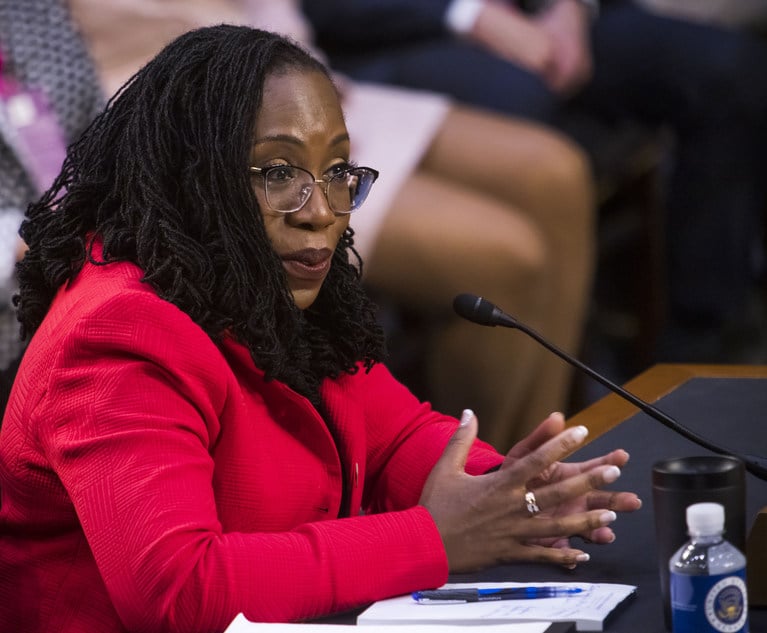The first week of the December argument session ends this morning, and another ERISA case—the second of three this term—moves to the fore. Munger, Tolles & Olson partner Donald Verrilli Jr. and Gupta Wessler partner Matthew Wessler face off over the meaning of “actual knowledge” in the law’s three-year limitations period. Plus: The high court’s new two-minute rule of uninterrupted argument time continues to challenge some justices. And former Deputy Solicitor General Michael Dreeben settles in at O’Melveny & Myers. Thanks for reading, and feedback is always welcome and appreciated. Contact us at [email protected] and [email protected] and follow us on Twitter at @MarciaCoyle and @Tonymauro.

ERISA Challenge Hinges on Meaning of ‘Actual Knowledge’
On tap for arguments this morning is the second, and perhaps most significant, of a trio of cases this term involving the Employee Retirement Income Security Act, or ERISA. The justices are being asked to determine the meaning of “actual knowledge” in the law’s three-year statute of limitations for suits over breaches of fiduciary duties.
This content has been archived. It is available through our partners, LexisNexis® and Bloomberg Law.
To view this content, please continue to their sites.
Not a Lexis Subscriber?
Subscribe Now
Not a Bloomberg Law Subscriber?
Subscribe Now
LexisNexis® and Bloomberg Law are third party online distributors of the broad collection of current and archived versions of ALM's legal news publications. LexisNexis® and Bloomberg Law customers are able to access and use ALM's content, including content from the National Law Journal, The American Lawyer, Legaltech News, The New York Law Journal, and Corporate Counsel, as well as other sources of legal information.
For questions call 1-877-256-2472 or contact us at [email protected]







